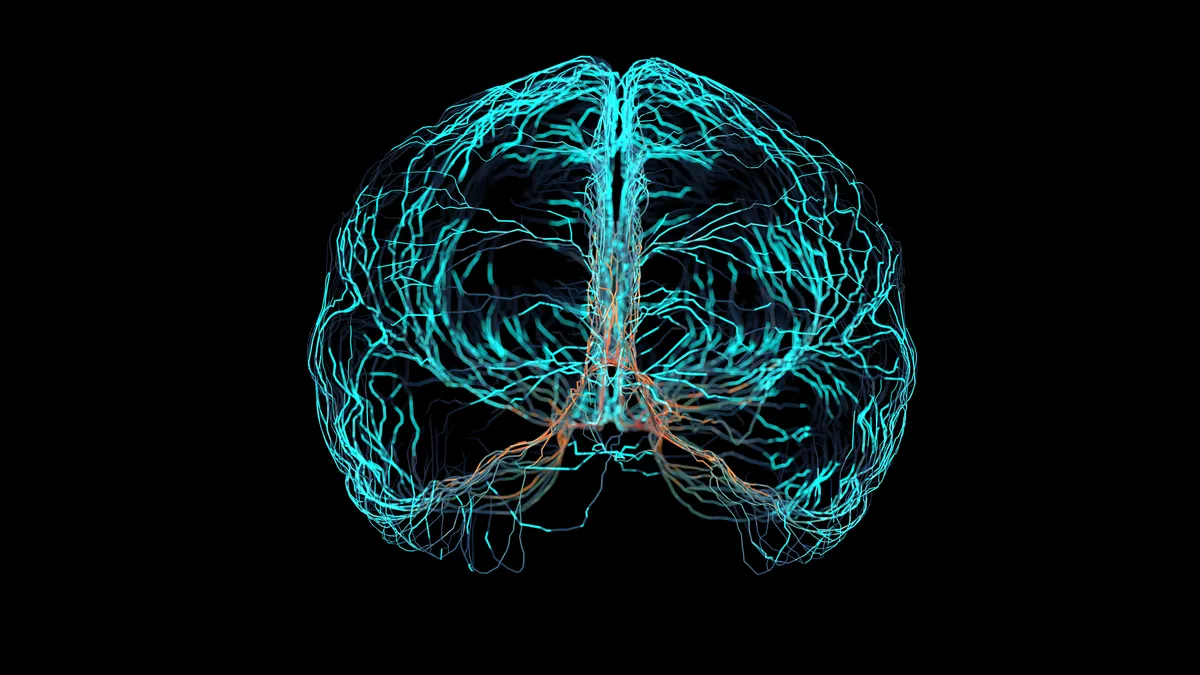Dive Brief:
- The Food and Drug Administration has granted de novo authorization to artificial intelligence (AI) diagnostic tools from Imvaria and Darmiyan.
- Imvaria received authorization for a tool that analyzes CT scans to identify patterns that indicate a patient may have idiopathic pulmonary fibrosis (IPF). Researchers have generated evidence the system could reduce the number of lung biopsies.
- Darmiyan’s authorization covers Brainsee, software that uses an MRI scan of a patient’s brain and their scores on cognitive tests to determine the likelihood of progression from mild cognitive impairment (MCI) to Alzheimer’s dementia within five years.
Dive Insight:
Both devices were part of the FDA’s breakthrough program. Imvaria received de novo approval for its test, Fibresolve, after showing the deep learning algorithm can augment the non-invasive diagnosis of IPF in cases involving other types of interstitial lung disease. Another study showed the algorithm reduced the number of invasive surgical biopsies by 41%.
“Fibresolve serves as an adjunct to clinicians in assessing patients with suspected lung fibrosis to provide a diagnostic subtype classification, potentially facilitating proper treatments at an earlier stage of the disease process,” Joshua Reicher, co-founder and CEO of Imvaria, said in a statement. Imvaria estimates there is an average delay of almost 2 1/2 years between the onset of symptoms and diagnosis with IPF.
Darmiyan, a graduate of the Y Combinator startup accelerator, is built on technology for quantifying cellular-level changes in MRI brain scans and has selected dementia as its first application. Between 5% and 20% of people aged over 65 years have MCI, a condition characterized by minor problems with memory or thinking. People with MCI are more likely to develop dementia, according to the Alzheimer’s Society.
Darmiyan said Brainsee’s ability to predict dementia risk could enable physicians to provide “timely and personalized treatments” to high-risk patients to try to delay the worsening of symptoms, as well as reduce the need for lower-risk patients to face “costly and invasive tests and the heavy burdens of financial and emotional abuse.”
The Imvaria and Darmiyan products join a clutch of other AI-enabled technologies with a breakthrough designation receiving FDA authorization. The agency previously authorized breakthrough AI devices from companies including Caption Health, Paige and Renalytix AI.













